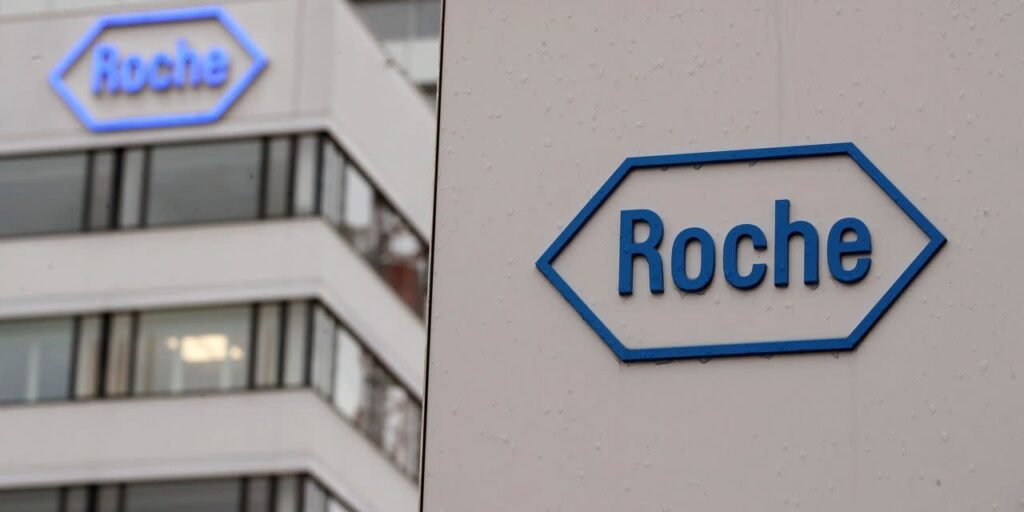The Acquisition of Carmot Therapeutics by Roche Pharmaceuticals
Roche, a Swiss pharmaceutical company, has entered into an agreement to acquire Carmot Therapeutics, a U.S.-based firm specializing in developing anti-obesity and diabetes drugs, in a significant deal valued at $2.7 billion.
This strategic move aims to challenge the dominance of Novo Nordisk and Eli Lilly in the weight-loss drug industry, although Carmot’s drugs may take several years to become widely available.
Tip: Please fill out the form if you or a friend would like more information on glucose monitoring devices.
Key Deal Highlights
The acquisition grants Roche pharmaceutical access to Carmot’s portfolio, with the leading drug candidate, CT-388, at the forefront.
This drug shows promise in treating obesity among patients with and without type 2 diabetes, positioning itself as a potential competitor to Eli Lilly’s recently FDA-approved weight-loss drug, Zepbound.
Read Guide about Wegovy Dosage Guide: The Best Way For Weight Loss
Both CT-388 and Zepbound belong to the GLP-1 (glucagon-like peptide-1) receptor agonists category. These drugs activate hormone receptors to reduce appetite and food intake, mimicking the GIP (glucose-dependent insulinotropic polypeptide) hormone’s action, which aids in releasing insulin to regulate post-meal blood sugar levels.
Carmot’s drug pipeline includes another GLP-1 receptor agonist for obesity treatment and a dual GLP-1/GIP receptor agonist intended for overweight or obese patients with type 1 diabetes.
Levi Garraway, Roche’s Chief Medical Officer, expressed optimism about CT-388, noting its significant weight loss effects in early clinical phases and its potential to address obesity-related ailments.
Must Read CGMs in noncritical care hospitals optimizes glycemic control
Beyond Weight-Loss and Diabetes Treatment
Carmot’s portfolio extends beyond weight loss and diabetes treatments. Other drug candidates hold potential for synergies with Roche’s developments, possibly focusing on preserving muscle mass and exploring additional health benefits, as stated in its press release.
Deal and Industry Background
Under this agreement, Carmot’s shareholders are set to receive $2.7 billion in cash upon deal closure, with the potential for an additional $400 million based on specific milestones.
Roche’s previous foray into the weight-loss drug market with taspoglutide faced challenges due to adverse reactions, prompting the company to discontinue its development.
The interest in Carmot, earlier speculated at a $1 billion valuation, underscores pharmaceutical companies’ keenness in acquiring biotech firms focusing on obesity drugs, a segment experiencing heightened demand.
Also, read about Ascensia Diabetes Care’s Participation in MedTech Europe
While Novo Nordisk strengthens its manufacturing capabilities for drugs like Wegovy, Eli Lilly secured FDA approval for Zepbound, positioning the weight-loss drug industry for further growth.
The pharmaceutical landscape has seen a trend of acquisitions among major players seeking to bolster their portfolios in the obesity drug sector, exemplified by AstraZeneca’s recent acquisition of Eccogene and Novo Nordisk and Eli Lilly’s acquisitions of smaller firms.
The acquisition of Carmot by Roche Pharmaceutical signifies a strategic move in the ever-evolving landscape of pharmaceuticals, emphasizing innovation and meeting the growing demand for effective obesity and diabetes treatments.


